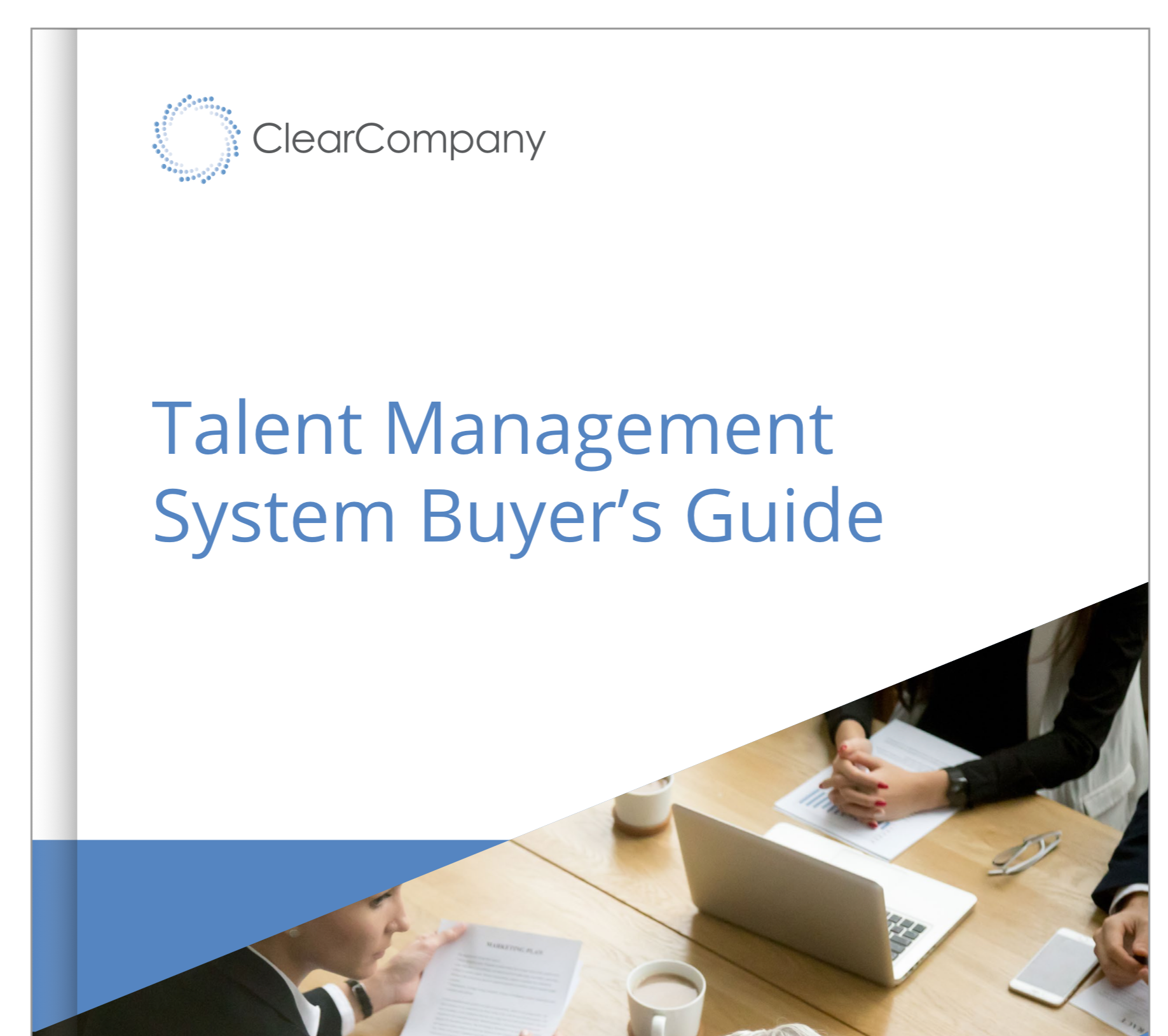This post on talent management statistics was published in October 2020 and updated in April 2023.
While talent management is incredibly important, it doesn’t often get as much of the spotlight (or budget) as more immediate human resources functions like talent acquisition. But building a talent management strategy is integral if you want to hire top talent, get them engaged, retain them long-term, and make plans for the future of your workforce.
These people management statistics show the importance of a talent management plan that extends beyond hiring and considers every part of the employee experience. Check out 26 statistics HR professionals should know to understand why talent management is essential for improving performance, fostering motivation, and retaining top talent.
Did you know that just 29% of employees feel like their employer supports their well-being? Check out 25 more surprising #TalentManagement statistics from @ClearCompany:Talent Management Statistics: Supporting Employee Well-being
An effective talent management plan takes employee well-being into account. But, some statistics show that employees feel their companies aren’t doing enough for their well-being, despite the incredible benefits that result from it.
When employees feel appreciated, can find meaning in their day-to-day work, and have their needs met outside of work, they’re more productive and less likely to quit. That leads higher employee engagement satisfaction and less employee burnout. Your employees can produce their best work — and the best possible outcomes for your organization.
- Just 29% of employees say they receive well-being support from their employer.
- 69% of people who are unlikely to look for a new job say they find their work fulfilling.
- 72% of employees prefer to work in a hybrid environment.
- 35% of employees who quit said feeling uncared for was among their top three reasons for leaving.
- In fact, most of the top reasons U.S. employees quit their jobs are related to their well-being. Other reasons included feeling disrespected at work (56%), a lack of flexibility around work hours (45%), and poor benefits (43%).
- Employees dealing with mental health challenges are four times more likely to want to quit.
- More personal recognition would motivate 37% of employees to do better work more often.
- Companies with highly engaged employees are 23% more profitable and 18% more productive.
Talent Management Statistics: Helping Employees Grow
Employees want the chance to grow and advance in their careers, and it’s one of the top reasons they choose to look for a new job. People are seeking out companies that offer opportunities to move up the ladder, expand their skillset, and grow in their careers. In short, they want to work for a company that invests in them.
Luckily, the data shows that employee development is a top priority for businesses and HR leaders. But, there’s room left to improve when it comes to most employers’ performance management and career development strategies.
- Only 44% of companies believe their performance management strategies are actually improving performance.
- 63% of U.S. employees said a lack of career advancement opportunities was one of their top three reasons for quitting.
- Just 40% of employees say their company offers upskilling opportunities.
- Only 26% of employees say their company is using technology to automate or enhance workflows.
- 76% of employees say they work harder for a company that invests in their growth.
- 49% of companies are increasing their budget for employee learning and development.
- More than half of business leaders plan to increase spending for internal mobility platforms.
- 56% of HR professionals who responded to an SHRM survey said their company doesn’t have a formal succession plan in place.
Talent Management Statistics: Set Employees Up for Success
Ensuring your employees are doing their best isn’t just about promotions, training courses, or new certifications. It’s about empowering them throughout their journey with your company, from applying and interviewing to onboarding and performance reviews to one-on-ones and promotions.
The statistics show that companies are dropping the ball when it comes to #TalentManagement — less than 50% of employees know what’s expected of them at work:Today’s data shows that candidate experience isn’t meeting expectations, and employees often don’t know what’s expected of them at work.
- Nearly 50% of employees don’t know what is expected of them at work, according to Gallup research.
- 34% of candidates say they’ve had to wait one to two months to hear back after submitting an application — a 48% increase from 2021.
- Strong onboarding programs can increase new hire retention by 82% and productivity by 70%.
- 62% of employees said their onboarding didn’t help them understand company culture.
You can avoid adding to these statistics by staying in touch with your candidates, creating onboarding plans for your new hires, and getting feedback from employees to make sure your efforts are working.
Talent Management Statistics: Diversity, Equity, Inclusion, and Belonging
Diversity, equity, inclusion, and belonging (DEIB) aren’t just hot topics; they’re a lifetime commitment. Companies that don’t build DEIB into their talent management strategy will have difficulty staying innovative and competitive in any industry.
- 74% of business leaders said DEI is a central focus of their talent acquisition and retention strategies.
- According to Talent Board’s recent survey, 79% of companies plan to buy technology that helps remove bias from the application and candidate screening processes.
- 54% of employees say it’s very important that their employer is transparent about their record of addressing DEIB in the workplace.
Talent Management Statistics: HR Software
Today, HR is faster-paced than it’s ever been, and there are more demands than ever on HR teams that are already spread thin. Fortunately, HR technology is evolving at just as fast a pace, and there are robust software solutions available to help manage every stage of the employee journey.
- There are just 1.4 HR workers on average for every 100 employees.
- 72% of business leaders said they’re investing in technology to recruit and retain their employees.
- 63% of businesses plan to increase their HR technology investments over the next two years.
The best talent management systems are all-in-one solutions like ClearCompany, where the entire employee lifecycle is managed from just one system. Recruiters, HR professionals, hiring managers, CHROs, and other department leaders can access up-to-date information and perform HR functions related to their jobs with ease.
Your Talent Management Strategy Starts Here
It’s clear from the data that purposeful talent management is the way to go if your organization believes that its people are the key to success. Invest in every stage of the employee lifecycle to maximize their talent and help them reach their full potential.
Don’t know where to start? Schedule a one-on-one demo to discover how the ClearCompany Talent Management system can help you optimize every part of the employee experience.



